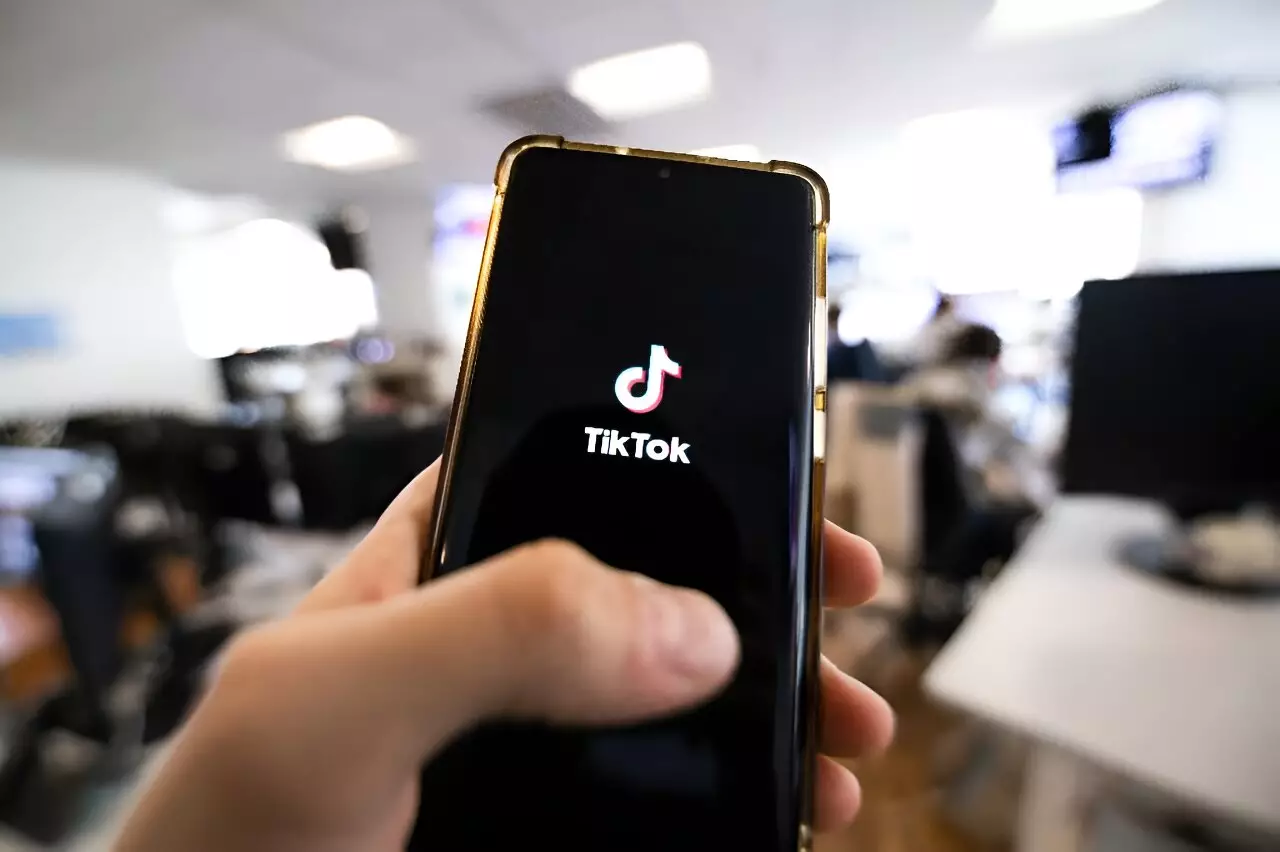TikTok, the wildly popular video-sharing platform, is at a critical juncture as it challenges a law that mandates its Chinese parent company, ByteDance, to divest its ownership to avoid a ban in the United States. This legal confrontation has not only spotlighted the platform’s immense cultural footprint in America but also ignited a fierce debate over the rights of users and the government’s authority to regulate technology in the name of national security.
The United States government has articulated serious concerns regarding national security, arguing that TikTok poses a unique risk due to its ties to China. The central claim is that the app could be used to extract sensitive data from American users, potentially undermining U.S. interests. As such, the Justice Department’s assertion reflects fears that the Chinese government could leverage TikTok not just to gather user data, but also to control the narrative by censoring content or manipulating what users see.
Supporters of the law maintain that this isn’t merely a question of free speech; it involves safeguarding American individuals and interests from foreign encroachment. The government counters that its priority is to protect the American public from the purported dangers of international data manipulation and misinformation campaigns. Yet, it is fundamental to recognize that such actions can easily be interpreted as an infringement upon free speech rights, especially considering TikTok’s role as a platform for diverse voices and creativity.
As TikTok gears up for its day in court, the focus shifts to its argument centered around the First Amendment. The company contends that the law demanding divestiture fundamentally infringes upon the free speech of its estimated 170 million American users. TikTok’s legal team argues that a shutdown of the platform would silence countless voices that have found an outlet in the app’s unique capabilities — features that enable users to express themselves in ways that resonate deeply across communities.
Moreover, TikTok emphasizes that even if divestiture occurs, the essence of the platform may be irrevocably compromised. The app’s advanced algorithms and innovative technology not only set it apart from competitors but also empower users to create personalized experiences. A mere change in ownership is unlikely to replicate the innovative environment that has flourished within its ecosystem.
The TikTok situation has attracted attention from political figures across the spectrum. Former President Donald Trump initially took a hardline stance against TikTok, advocating for a ban. However, his recent reversal — inviting supporters to vote for him if they wish to save the app — underscores the fluid nature of political discourse surrounding technology. This exemplifies how the issue of TikTok has transcended mere national security concerns, evolving into a political touchstone that reflects broader ideological divides.
On the Democratic side, President Biden’s administration had initially sought to tackle the purported threats posed by TikTok. However, with Vice President Kamala Harris continuing to utilize the platform to engage younger voters, the party seems to straddle an awkward line between promoting national security and embracing digital engagement. The creation of TikTok accounts by prominent political figures illustrates the app’s significance as a tool for connection, especially amidst a generational shift in communications.
The forthcoming decision by the D.C. Circuit Court of Appeals carries profound implications far beyond TikTok. A ruling in favor of the application could set a precedent that protects platforms from governmental overreach based on vague national security claims. Conversely, a ruling against TikTok may embolden further legislative efforts to regulate or ban technology perceived as threats to American security.
Legal scholars express concern that the court’s forthcoming deliberations may find themselves grappling with the complexities of intertwining national security and free speech. Many experts predict that should the case escalate to the Supreme Court, it would compellingly challenge existing legal frameworks and force the judiciary to carefully weigh individual rights against collective safety.
As TikTok is set to present its case, the broader implications of this legal showdown will resonate within the spheres of social media regulation and free speech. Navigating the terrain of user rights and government intervention poses a challenge not only for TikTok but for future digital platforms. In an age where technology intersects with geopolitics, the outcome of this case may reshape the relationship between government oversight and the unrestrained nature of speech in the digital realm, defining the future of how citizens engage with technology.


Leave a Reply